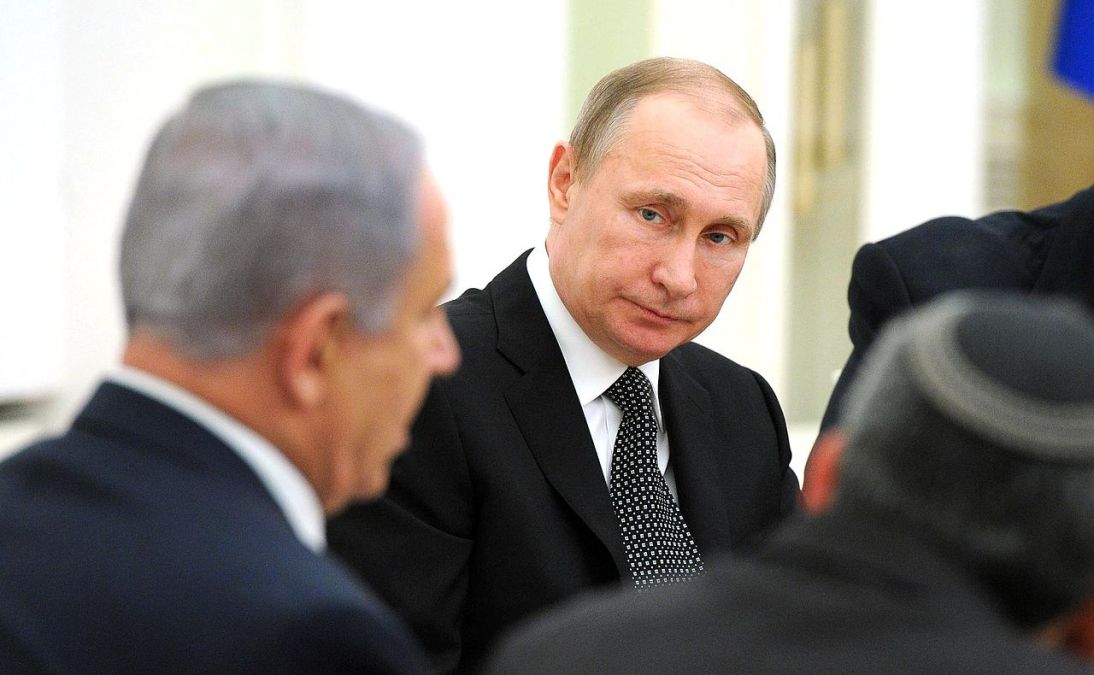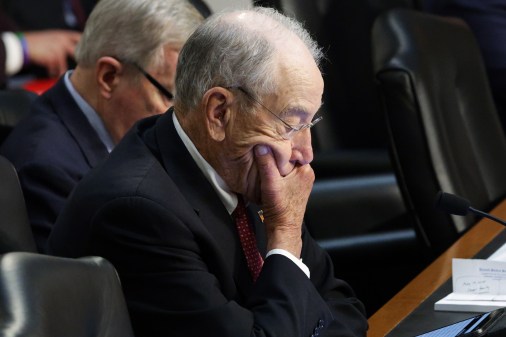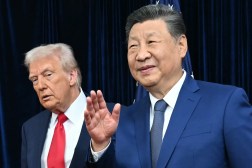NSA official: U.S. has yet to hit Russia back ‘where it hurts’ for cyber aggression

The Trump administration has yet to hit Russia “where it hurts” after Russian intelligence agencies orchestrated a complex operation in 2016 that saw U.S. political organizations hacked and targeted propaganda spread among voters, according to a senior U.S. intelligence official.
Natalie Laing, the deputy director of operations at the NSA, told attendees of an exclusive security conference Monday that the U.S. doesn’t “yet have the political fortitude to say how we’ll strike back.”
The comment follows recent public testimony by current NSA Director Adm. Michael Rogers and his presumed successor, Gen. Paul Nakasone, regarding the lack of a coherent, aggressive response to Russia’s bad behavior in cyberspace. The executive branch would be responsible for developing such a strategy, which would then be carried out by the Office of the Director of National Intelligence and Pentagon leadership.
A historic intelligence community report published in January 2017 showed that the Russian government was responsible for breaching the Democratic National Committee in 2016 and then sharing fake news on social media to misinform American citizens.
Laing’s comments were first reported by CNN and NBC News. The event was hosted by D.C. media company, The Cipher Brief. CyberScoop spoke with attendees of the conference to confirm the content of Laing’s speech because there was no livestream recording of the talk.
At the moment, the White House and Congress are both considering a wide range of options, including “next-level offensive capabilities,” according to Laing, but a decision about how best to respond in order to protect upcoming elections does not appear imminent.
White House homeland security adviser Thomas Bossert, who spoke at the same conference on Sunday, said that the U.S. is holding Russia accountable in “known and unknown ways” for its previous cyberattacks on U.S. organizations. Bossert cited several recent announcements, including new sanctions against Russian oligarchs, as an effort to Vladimir Putin.
National security experts warn that sanctions alone are not sufficient to deter Russia or other developed countries from meddling in future U.S. elections.
Current and former officials have floated various possibilities for how the Trump administration should respond to deter Russia. These ideas include a more forceful, offensive strategy led by NSA or U.S. Cyber Command to hack Russian organizations to cause damage.






